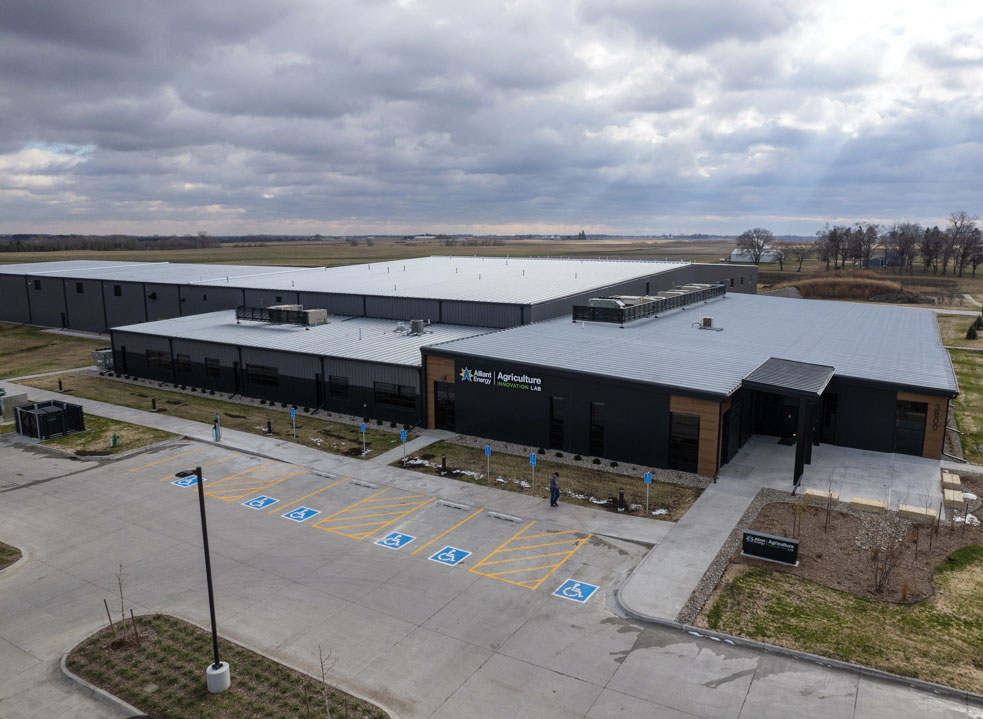Event Preview: 2015 Economic Forecast

Business Record Staff Jan 21, 2015 | 12:00 pm
3 min read time
771 wordsBusiness Record Insider, Economic DevelopmentIs 2015 the year interest rates rise? Should you expect wage increases? What about the impact of the global economy on Iowa?
To help bring some clarity to the direction of the economy and to what businesses should be considering as they prepare to do battle once again, we’ve assembled a panel of five experts for our 2015 Economic Forecast event next week.
In advance of the event, we asked our panelists to draw from their own areas of expertise and answer one question. I’ll be moderating the event, and I hope you can join us for what should be another enlightening luncheon.
– Chris Conetzkey, editor of the Business Record
What is the most important thing businesses should know about the economy in 2015?
Larry Zimpleman
Chairman and CEO, Principal Financial Group Inc.
At this point and looking forward, I would say that the most important thing that businesses should know about the economy is that both interest rates and inflation are highly likely to remain low by historical standards. The low interest rates are the product of central banks around the world continuing to be very accommodative with their monetary policy given the weakness in developed Europe, emerging markets and China. Inflation is likely to remain very low due to the dramatic drop in oil prices, which impacts not only the price of gasoline at the pump but also a whole range of other industries that need energy in the manufacturing process. While this is good news generally for consumers, it does mean that companies will not be likely to have any meaningful amount of “pricing power” with their products, and it also likely means that wage increases in 2015 will be muted (say 2-3 percent). As a final comment, I’d say that given the economic slowness in emerging markets like Brazil and the slowing economy in China, it would be important to think about how you would respond in your business if 2015 turns out to see a broader global slowdown. The risk of a significant slowdown is less in the U.S. than in other countries, but there is even some modest chance of a slowdown in the U.S. toward the middle to end of 2015.
Don Pearson
Lead region president, Wells Fargo Bank
The most important thing to know about both the Iowa and U.S. economies in 2015 is the rest of the world will continue to increasingly influence our national and local economies. Weaker global demand, together with a growing supply of oil, has held inflation down, while the labor market barrels toward full employment. This divergence in the Federal Reserve’s dual mandates adds uncertainty to the timing of a Fed rate hike and the path of monetary policy thereafter. Weak global demand not only affects exports, but it also pushes the dollar higher and has weighed on longer-term yields in the U.S, as foreign investors pour into the U.S. in search of higher real returns given the risk. Lower long-term rates present an opportunity for local businesses looking to invest. However, the volatility and uncertainty regarding the path of rates present a potential challenge for the numerous financial services firms in the region. Iowa is a great place to do business because the economy is diversified and strong. That bodes well for the state’s 2015 economic outlook, which should result in steady growth throughout the year.
Art Durnev
Associate professor of finance, Henry B. Tippie College of Business, University of Iowa
America is back on its feet. American businesses proved resilient and have made the American economy one of the fastest-growing economies again. American markets are a popular choice for international investors. However, internationally oriented American businesses face increasing economic uncertainty and political risks abroad. These political risks are triggered by rising geopolitical disputes in China and Europe, which could lead to territorial conflicts. Moreover, the stability of political regimes in the largest world economies is threatened by falling consumer prices in Europe, mounting concerns about the future of the single currency in Europe, increased joblessness in Europe and slower growth of the Chinese economy. Falling oil prices, while welcomed by American consumers, threaten the economic stability of petro-states (e.g., Nigeria, Malaysia, Russia) due to rising inequality and nationalism in petro-states. Aging populations in Europe and Asia and the strain on the world economy due to rising health care costs can also make it harder for American businesses to find qualified personnel abroad. These risks make the world markets volatile and may lower international consumer demand for American products. The costs of doing business abroad will be higher, which may lower the growth of American companies.







